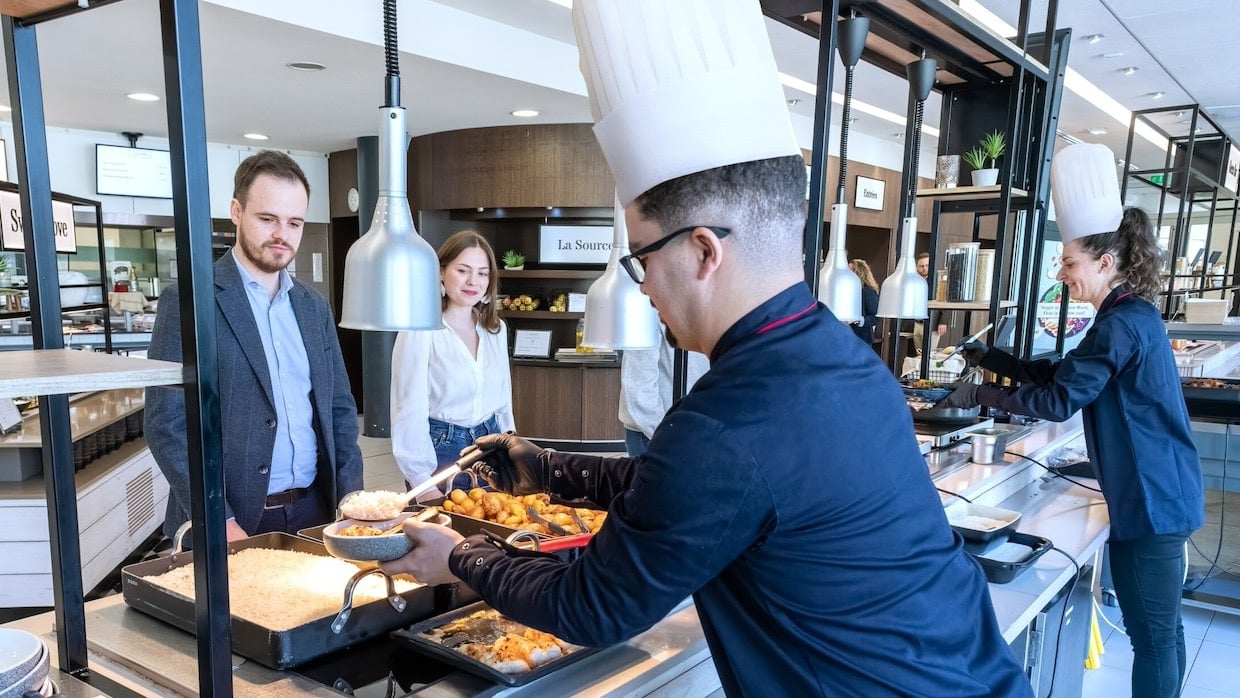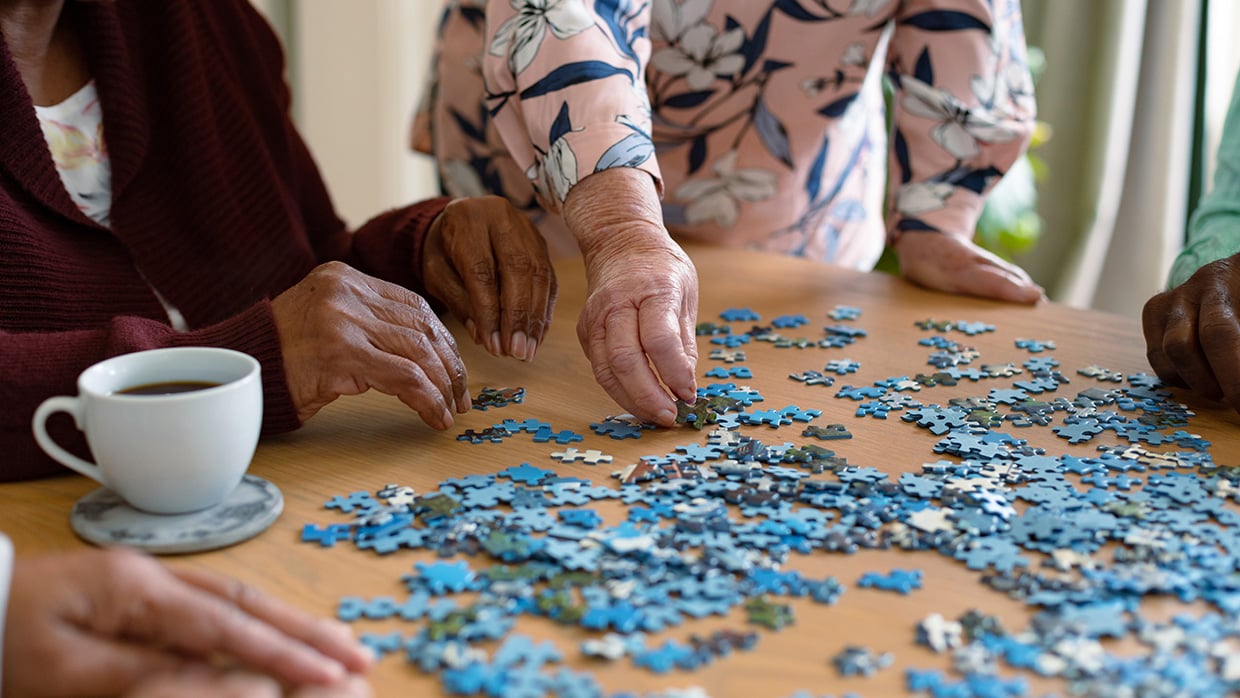
Food
Four food trends influencing workplace restaurant menus in 2025

Worldwide, around 47 million people live with dementia, with nearly 60% living in low- and middle-income countries. The total number of people living with dementia is projected to near 75 million in 2030 and almost triple by 2050 to 132 million. From the perspectives of people living with dementia, their relatives and carers: what do Quality of Life and the progress of individuals mean?
In May 2016, in partnership with Planetree, the Sodexo Institute for Quality of Life held a round-table ‘Dialogue’ in Washington D.C. of experts with relevant knowledge and experience from: business, the NGO sector, the healthcare sector, from academic disciplines including health and ageing, neurology, psychiatry and bio-behavioural sciences. They explored: what is dementia? how are different stages of dementia characterized and what are their impacts on Quality of Life? what are the factors and range of responses to dementia by those living with it, their relatives and carers? which aspects of Quality of Life can mediate responses to dementia by those living with it, their relatives and carers? what should we prioritise from a Quality of Life perspective for those living with dementia, their relatives and carers?
As set out in its report ‘Treat me like a person, because that is what I still am’, the Sodexo Institute for Quality of Life found that while we have a myriad concerns, hopes and opportunities to choose from when it comes to improving quality of life for those living with dementia, their relatives and carers, the language we use is a priority for many reasons including the need for care to benefit from a new narrative to underpin a renewed shared sense of purpose.
In essence, autonomy – intrinsically linked to an individual’s sense of identity – is about the possibility of making progress as an agent with free will, a person who is responsible for actions. Even where personal autonomy is limited by cognitive or physical impairment, it is important to enable individuals to satisfy this higher order need through authorship; interest-taking and/or control.
To avoid stigmatising those living with dementia, it is essential to achieve the delicate balance between safety and autonomy, managing risks while promoting engagement in meaningful activity.

Four food trends influencing workplace restaurant menus in 2025

Beyond labels: creating a truly inclusive workplace

Sustainable Food Barometer 2024